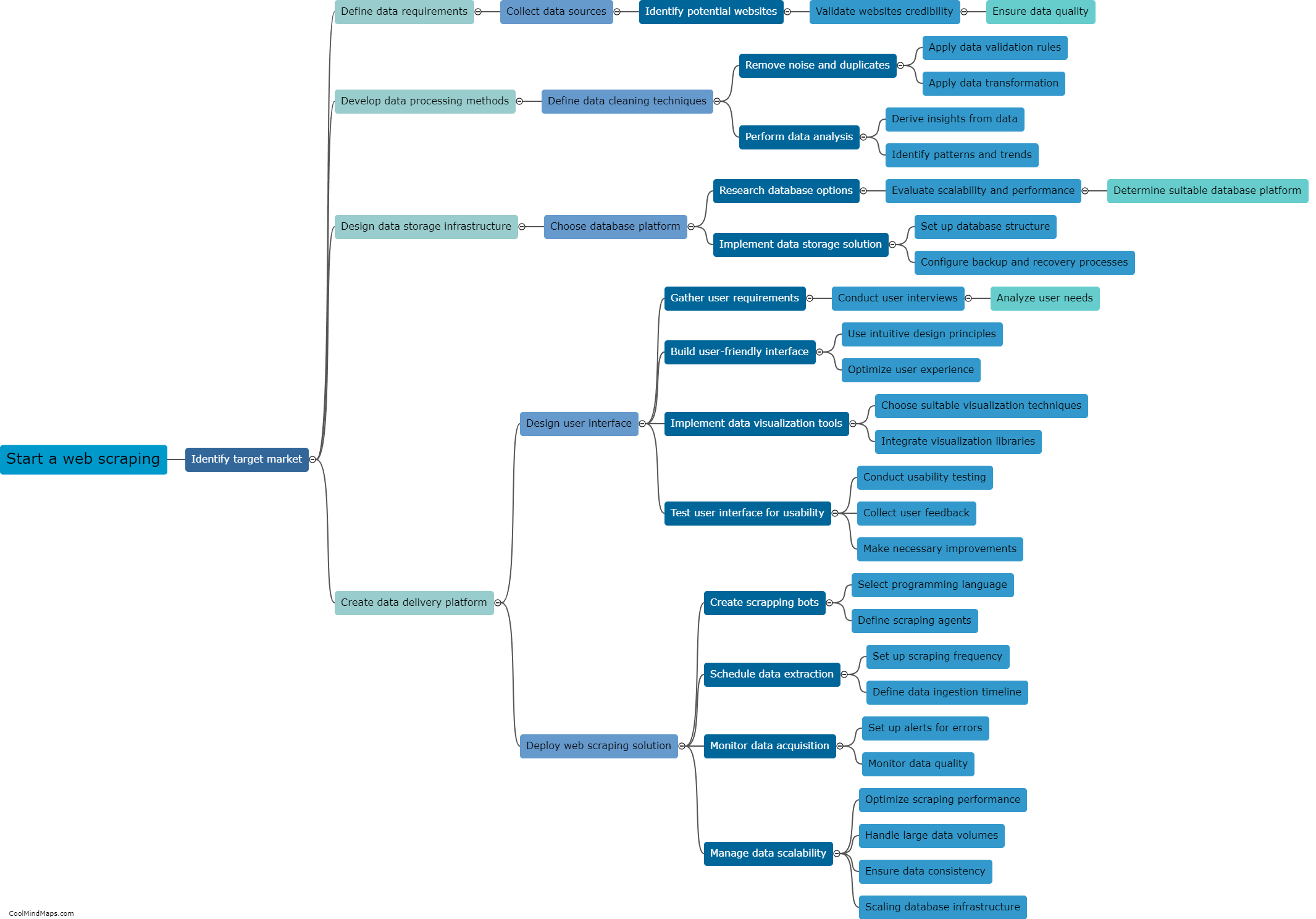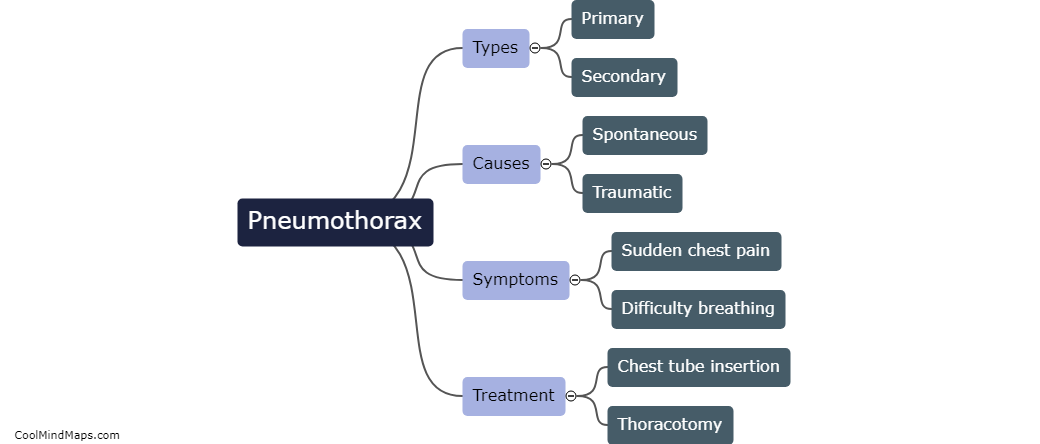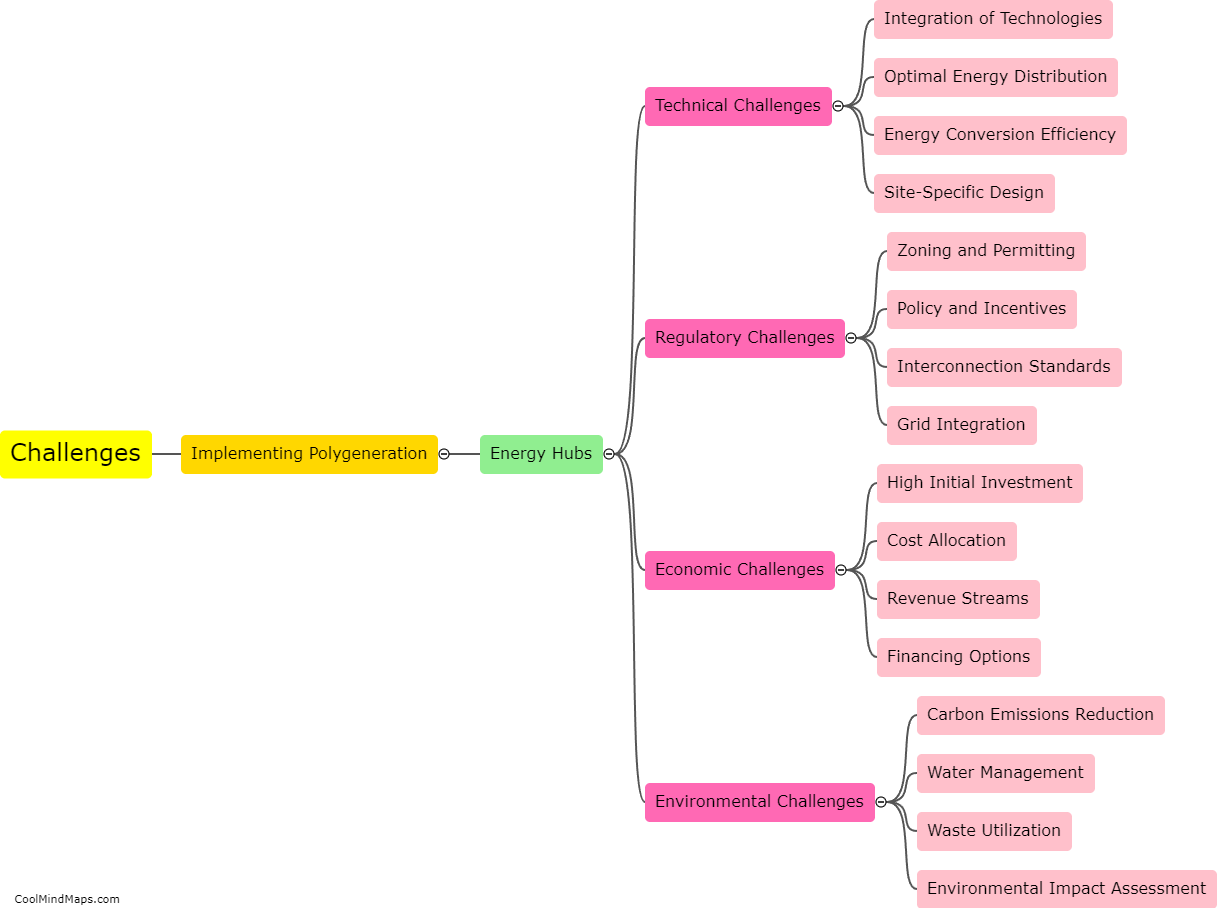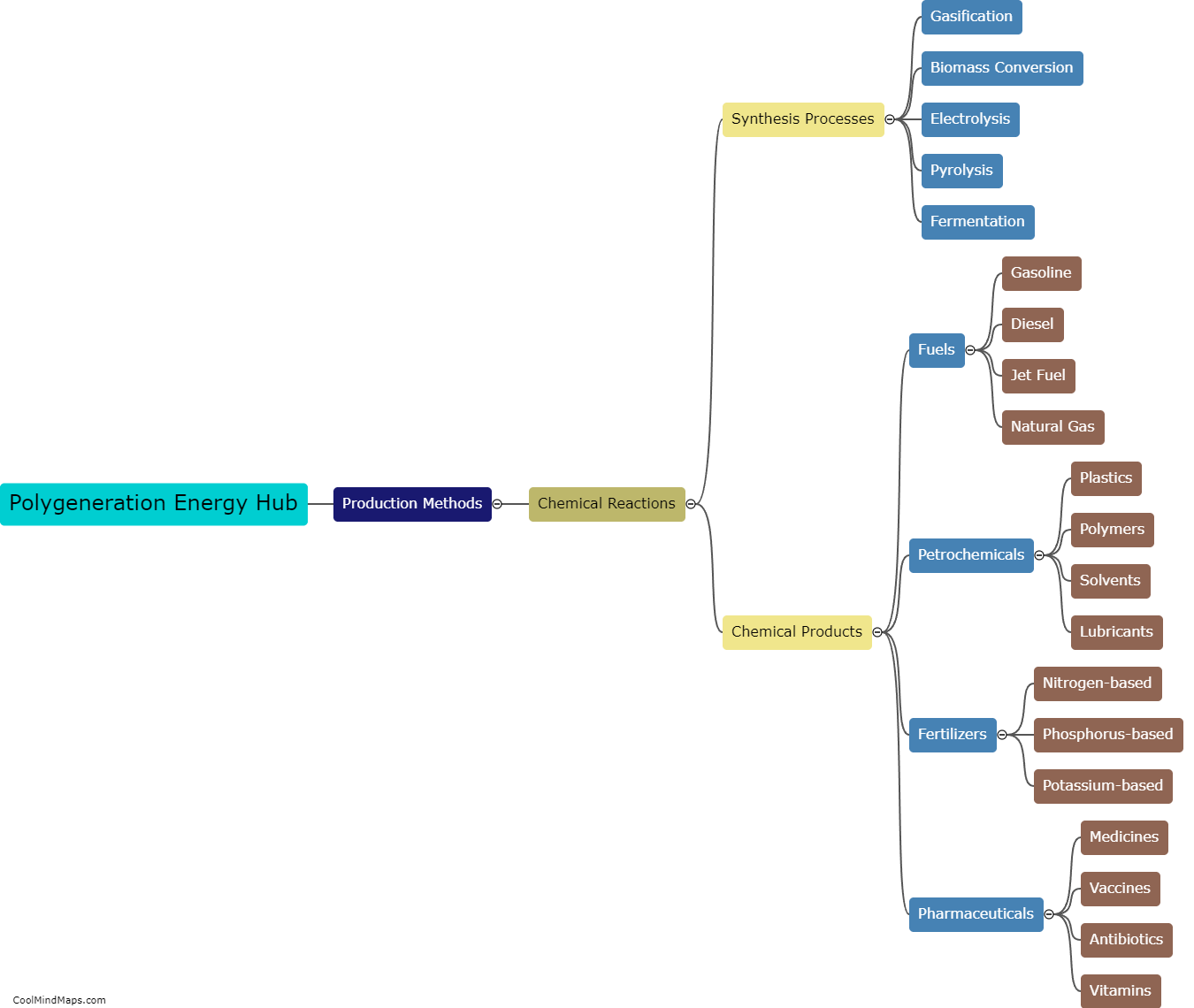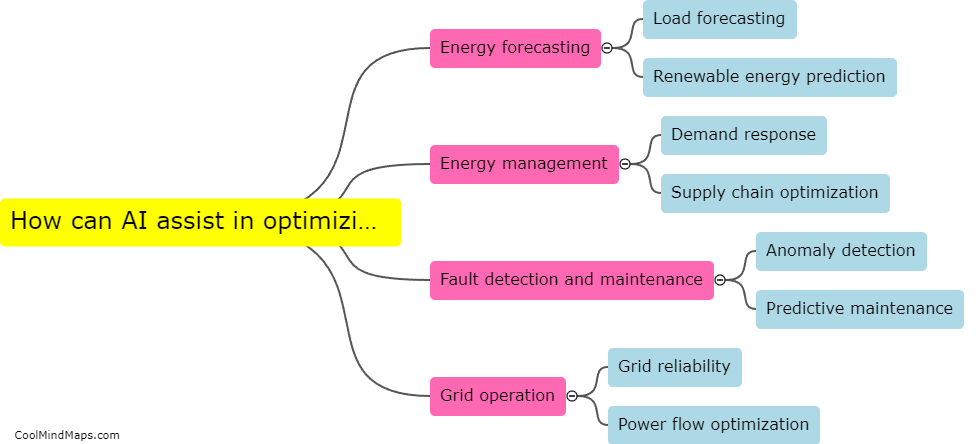What are the implications of multi-vector energy systems on energy planning?
Multi-vector energy systems, which involve diverse sources of energy such as electricity, gas, heat, and transport fuels, have profound implications for energy planning. Firstly, these systems require a more holistic approach to energy planning, as the interdependence between different vectors must be carefully considered. For instance, energy generated from renewable sources can be used to produce hydrogen or synthetic fuels for transportation, but this necessitates developing infrastructure for production, storage, and distribution. Furthermore, multi-vector systems offer opportunities for increased energy efficiency and flexibility, enabling the integration of intermittent renewable energy sources. However, the complexity and interconnectivity of multi-vector systems present challenges in terms of infrastructure development, technology integration, and policy coordination. Energy planners must thus consider the implications of a multi-vector approach, including the need for robust infrastructure, effective regulatory frameworks, and careful coordination between different sectors. Overall, the adoption of multi-vector systems requires a comprehensive and integrated approach to energy planning to ensure a sustainable and resilient energy future.
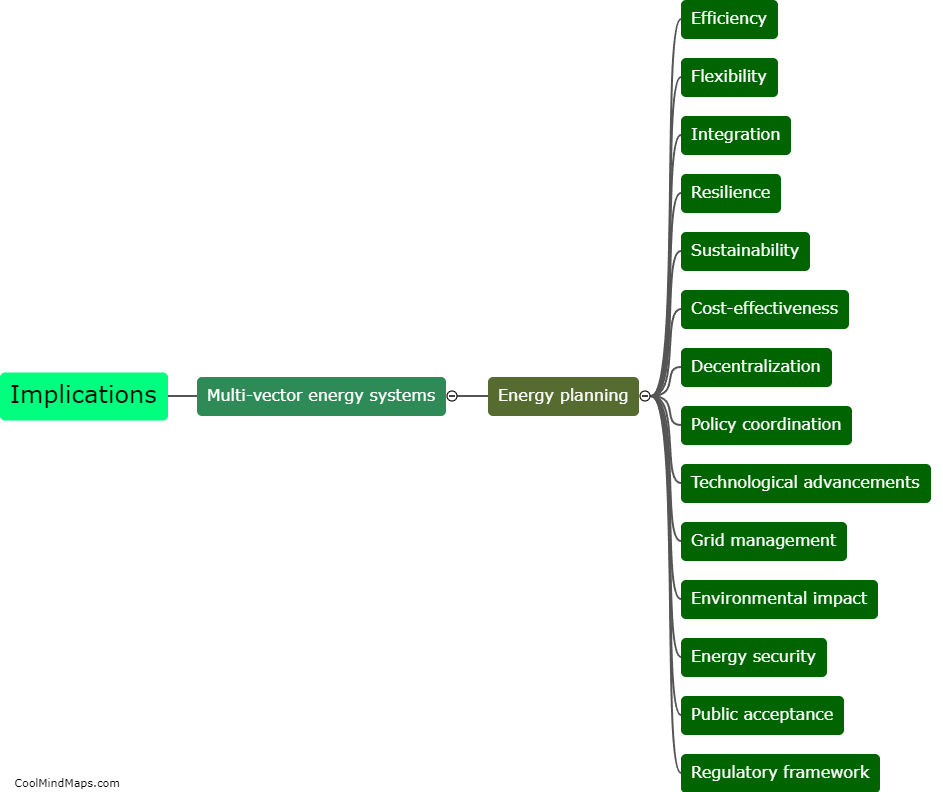
This mind map was published on 17 October 2023 and has been viewed 95 times.

